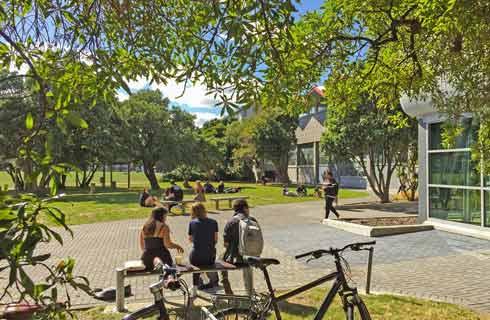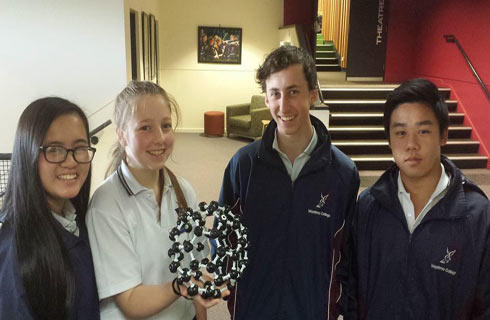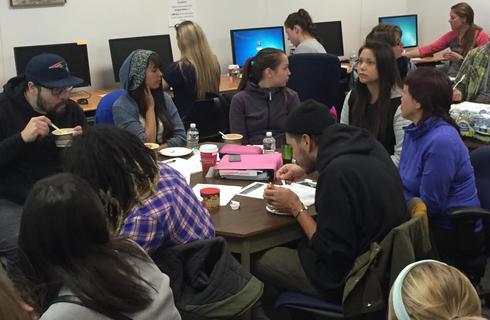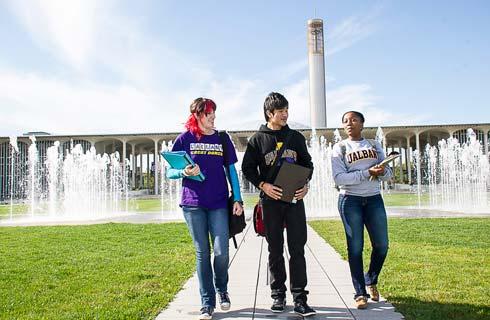PhD in Art

学历文凭
Ph.D.

专业院系
School of Creative Arts

开学时间

课程时长

课程学费

国际学生入学条件
A master’s degree or equivalent in a subject area relevant to the proposed research topic
IDP—雅思考试联合主办方

雅思考试总分
6.5
- 雅思总分:6.5
- 托福网考总分:88
- 托福笔试总分:160
- 其他语言考试:Pearson PTE Academic - 70
CRICOS代码:
申请截止日期: 请与IDP联系 以获取详细信息。
课程简介
相关申请
 预科
预科 奖学金
奖学金 实习机会
实习机会 在校学习
在校学习 跨境学习
跨境学习 校园授课-线上开始
校园授课-线上开始 在线/远程学习
在线/远程学习
开学时间&学费
学费信息仅供参考,请与IDP联系以获取详细信息
| 开学时间 | 时长 | 学费 | 地点 |
|---|
关于格鲁斯特大学

格洛斯特郡大学位于英国的西南部,分布在三个校区。其中两个位于切尔滕纳姆,一个位于格洛斯特。学生可以乘坐火车前往其他主要城市,如伯明翰(40分钟)、布里斯托(40分钟)和伦敦(2小时)。格洛斯特郡与英国其他地区有着良好的公路和铁路交通,是学生在英国开始学习的理想基地。学生们加入了一个充满活力、相互联系的社区,社区中有来自60个不同国家/地区的10000多名学生。格洛斯特郡大学的学生可在100多门课程中做选择,每门课程都提供由领先研究所驱动的高质量教育。格洛斯特郡还拥有80多个不同的体育俱乐部和社团,供学生选择。社团包括邓布利多军队俱乐部、雪地俱乐部、电影俱乐部、素食主义者俱乐部、喜剧俱乐部、国际社团等等。许多学生还喜欢国际咖啡馆并充分利用所提供的各种旅行,包括去牛津、伦敦、电影之夜和国际食品节的旅行。该大学为其与学生的关系感到自豪,并通过强大的学生支持网络来实现其与学生的紧密关系,其中包括Helpzones。可提供的服务包括一个保密的咨询团队、学术写作支持和财务咨询。学生还可以利用大学的 "你的未来计划 "倡议来获得职业规划支持。格洛斯特郡大学明白,学生在毕业后的就业能力很重要。根据最新的毕业生结果调查,格洛斯特郡大学92%的毕业生在完成课程后15个月内就业或继续学习(2021年6月的毕业生结果调查基于2018/19年的毕业生)。
本校相关课程

(MSc)运动疗法
学历文凭
Masters Degree (Taught)
开学日期
课程费用总额


研究生证书/研究生文凭/理学硕士-法医心理学
学历文凭
Masters Degree (Taught)
开学日期
课程费用总额


景观建筑学(转换年)(硕士 )
学历文凭
Graduate Diploma
开学日期
课程费用总额


研究生文凭/文学硕士-景观建筑
学历文凭
Graduate Diploma
开学日期
课程费用总额


研究生证书/研究生文凭/文学硕士-美术
学历文凭
Masters Degree (Taught)
开学日期
课程费用总额


研究生证书/研究生文凭/文学硕士-创造性和批判性写作
学历文凭
Graduate Diploma
开学日期
课程费用总额

其他相关课程

Bachelor of Communication (Business) in Creative Writing
 邦德大学
邦德大学泰晤士高等教育世界大学排名:412
学历文凭
Bachelor Degree
开学日期
课程费用总额


英文文学创意写作文学士(荣誉学位)-专业培训
 萨里大学
萨里大学泰晤士高等教育世界大学排名:244
学历文凭
Bachelor Degree with Honours
开学日期
课程费用总额


创意艺术学士(屏幕)
 弗林德斯大学
弗林德斯大学泰晤士高等教育世界大学排名:307
学历文凭
Bachelor Degree
开学日期
课程费用总额


Bachelor of Business / Bachelor of Creative Industries - Creative Writing and Publishing
 阳光海岸大学
阳光海岸大学泰晤士高等教育世界大学排名:595
学历文凭
Dual Degree
开学日期
课程费用总额


MFA创意写作
 曼彻斯特城市大学
曼彻斯特城市大学泰晤士高等教育世界大学排名:681
学历文凭
Masters Degree (Taught)
开学日期
课程费用总额


美术硕士-创作实践[设计]
 维多利亚惠林顿大学
维多利亚惠林顿大学泰晤士高等教育世界大学排名:498
学历文凭
Masters Degree (Taught)
开学日期
课程费用总额










